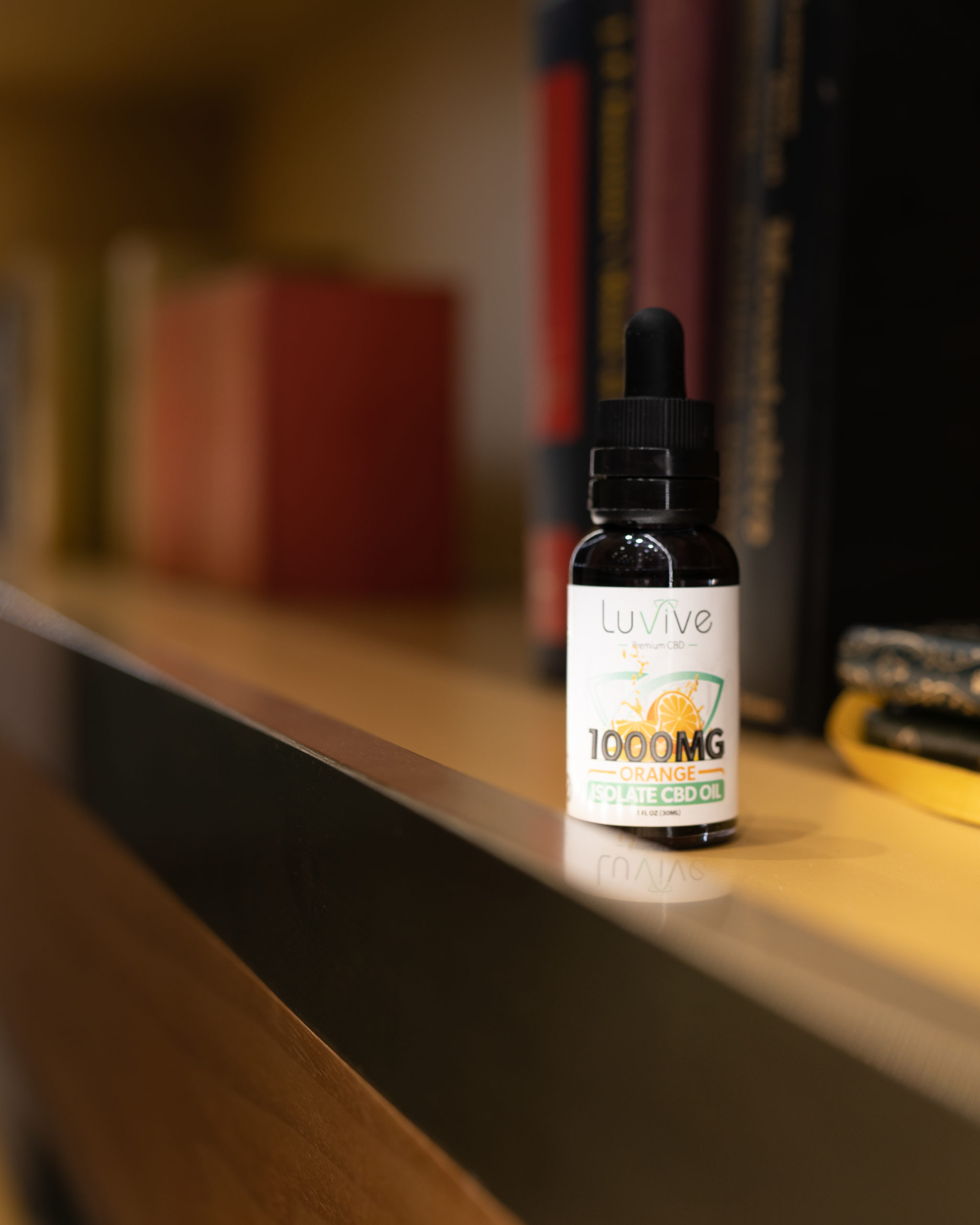The Truth About CBD And Weight Loss
Why Could CBD Help With Weight Loss?
CBD has been linked to weight loss because of its effects on fat cells. Studies(1) have shown that CBD causes something called “fat browning.” CBD turn the “bad” white fat into the “good” brown fat. Brown fat, which is more active than white fat, is known to help the body burn calories. Aside from CBD, exercising and having a healthy sleep schedule also help to convert white fat into brown fat.
Furthermore, the same study showed CBD was also able to reduce protein expression. Protein expression is involved in the creation of new fat cells. The results of that study also suggested that CBD could assist in preventing obesity.
So between blocking new fat cell creation, preventing obesity, and helping the body break down fats more efficiently, CBD seems to help with weight loss. More research is needed to confirm these results, as this was a test-tube study, but so far, the evidence is promising.
CBD May Also Boost Metabolism
Another study(2) provided data regarding the impact of CBD on metabolism. Having a high metabolism is connected to weight loss. The study showed that injecting rats with CBD every day led to substantial weight loss. What’s more, the higher dose a rat was given, the more weight it lost.
Even though this was a study on rats and not humans, most initial studies of new substances are first analyzed using rodents, and when the results are promising, the human trials begin. Therefore, these results make it clear that human trials are needed to better understand how CBD can help with weight loss by way of boosting metabolism.
CBD As An Appetite Suppressant
There is lots of anecdotal evidence for CBD reducing appetite, which is good. People are out there trying CBD and noticing they are less hungry or hungry less often. Still, scientific research is needed to confirm this claim.
One 2018 study(3) looking into CBD’s effects on obesity found that CBD does indeed seem to reduce appetite. The two most prominent compounds in the cannabis plant are THC and CBD. THC is a known appetite stimulant. It does this by activating CB1 receptors in the body, which are part of the human endocannabinoid system.
As such, a CB1 receptor agonist, or a substance that deactivates the receptor, will have the opposite effect, decreasing a person’s appetite. CBD is not a direct CB1 receptor agonist, but it does influence other molecules so that they block them. Shutting off CB1 receptors helps to reduce appetite and may prevent some people from eating too much.
More research is needed to prove beyond a doubt that CBD is an appetite suppressant, though because it is not dangerous, many people have already begun using CBD and seen positive results.
CBD And Weight Gain
Two studies have linked CBD to weight gain rather than weight loss, but those numbers were low. One was a study(4) of CBD use by children with epilepsy. Thirty percent of those children’s parents found that CBD causes an increase in appetite. The scientists in that study noted, however, that other factors could have influenced this.
The other data comes from a review(5) of adults who use CBD regularly. In the review, just over six percent of participants reported increased appetite after CBD use. While six percent is not much, it should be noted that the possibility exists that CBD could lead to increased rather than suppressed appetite.
The Verdict On CBD And Weight Loss
What’s the verdict then? Does CBD help with weight loss? Unfortunately, a lot more studies are needed to know the answer to this question. That being said, try it for yourself and see how it works. Every individual has a unique body chemistry. You might find that CBD reduces your appetite and helps you lose weight.
*These statements have not been evaluated by the FDA. This product is not intended to diagnose, treat, cure, or prevent any disease.
*Always seek the advice of your physician or other qualified health provider with any questions you may have regarding a medical condition or prior to using any CBD products.



